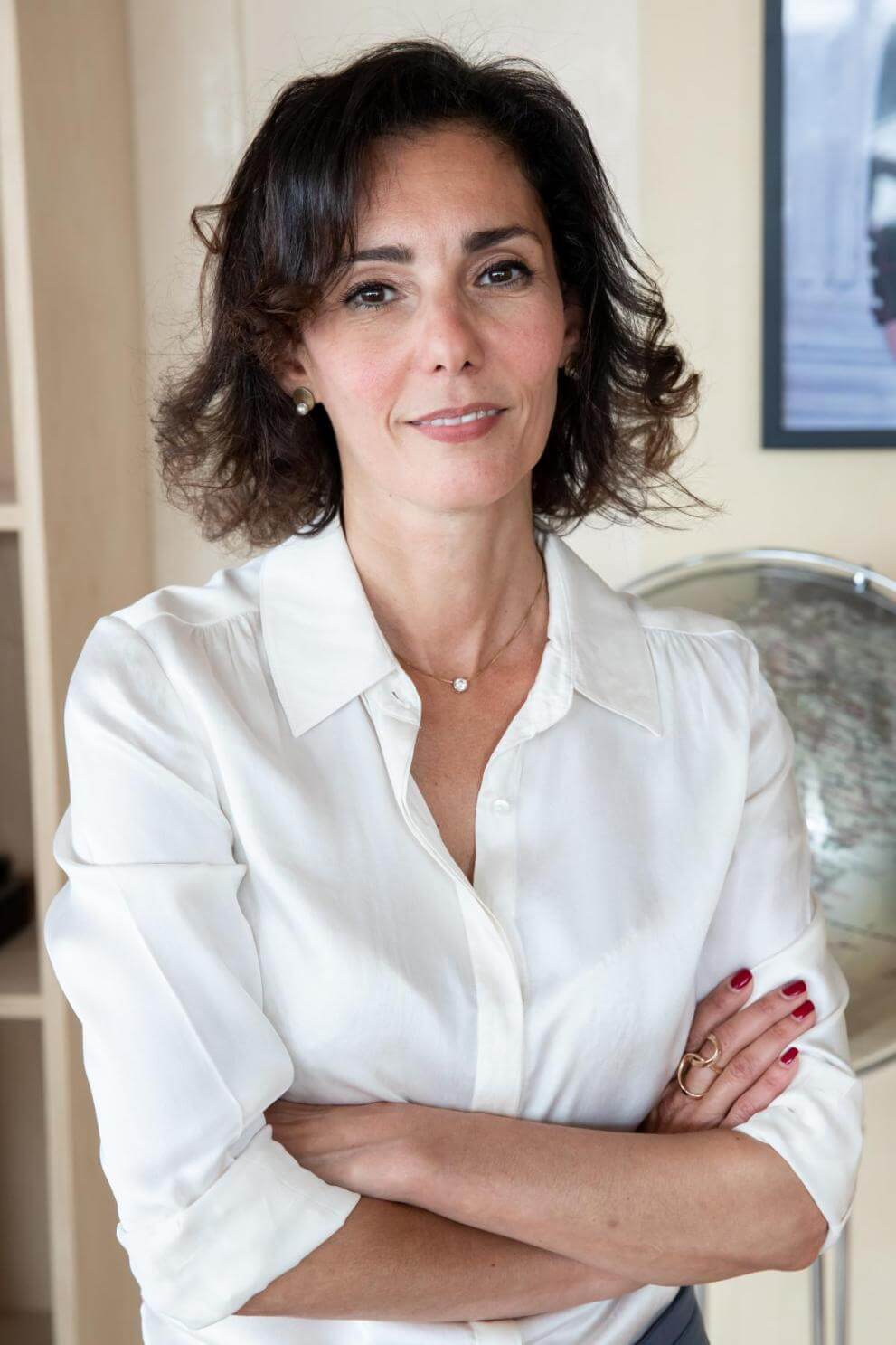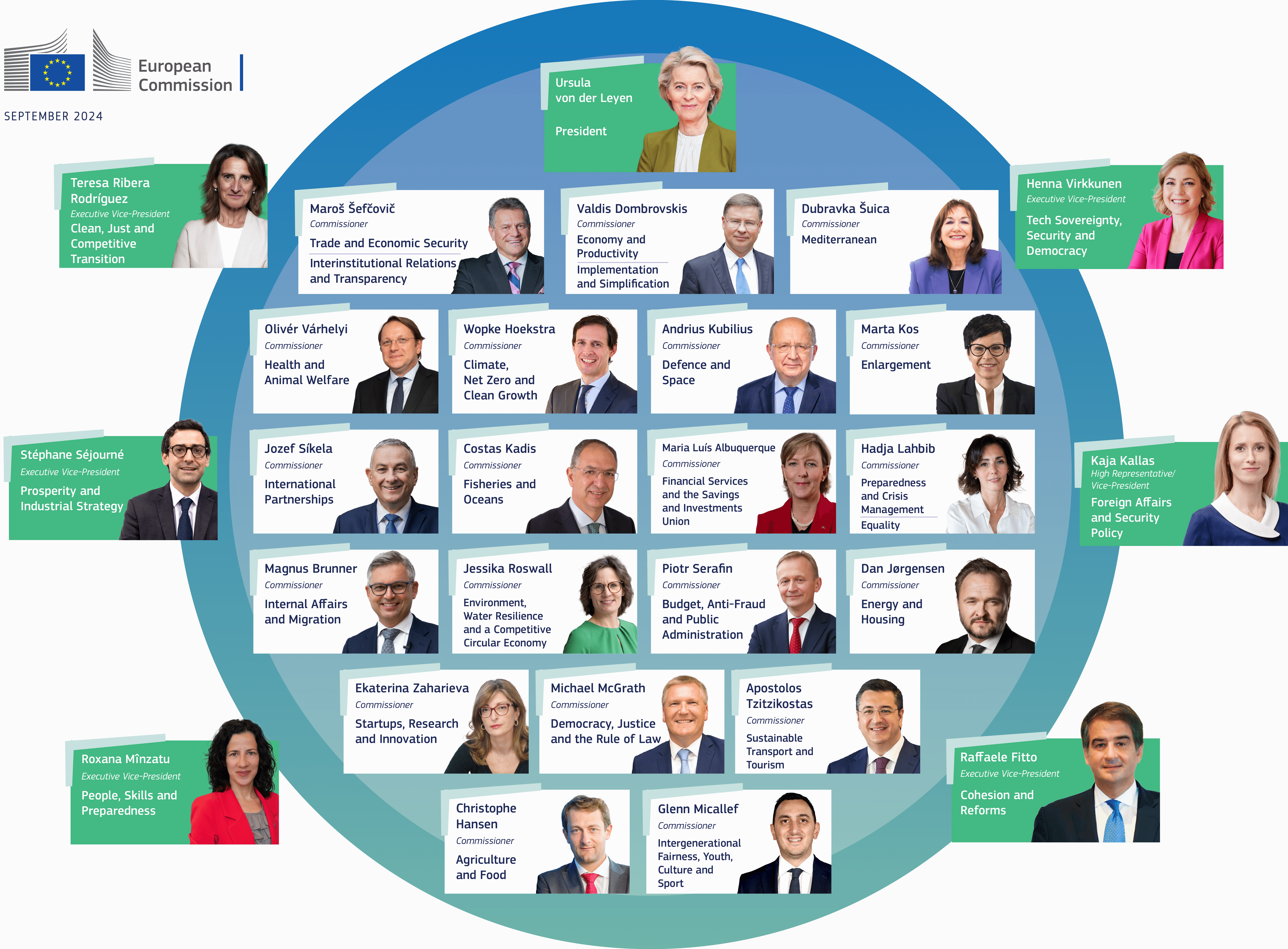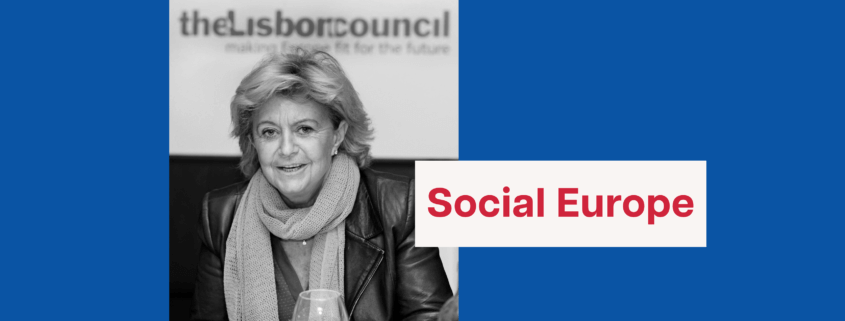The Union of Equality shift needs our EU leaders
Agnès Hubert‘s article, The Union of Equality Requires Leadership stresses the importance of continued leadership for promoting gender equality in the European Union.

Agnès Hubert, © The Lisbon Council
Hubert is a prominent feminist and President of G5+, and advocates for progressive policies that support full participation of all genders and backgrounds.
Her extensive career in the European Commission includes contributions to key initiatives like the Gender Equality Strategy 2020-2025.
She has championed the implementation of gender mainstreaming across EU policies and remains a vocal advocate for maintaining the momentum in advancing equality.
Equality should also be a direct responsibility of the European Commission’s president
Agnès Hubert
Social Europe
In her latest article, published in Social Europe, she regrets that equality and inclusion are widely missing from the next European Commission‘s commitments.
There won’t be a specific EU Commissioner for equality anymore. Equality has been merged with Preparedness and Crisis Management. Belgian Commissioner Hadja Lahbib will have to deal with both portfolios.

Ms. Lahbib is the current Minister of Foreign Affairs, European Affairs and Foreign Trade and the Federal Cultural Institutions of Belgium
According to Hubert “to pursue the progressive course initiated by the outgoing commission, a dedicated commissioner should be appointed” and she adds “not only that: equality should also be a direct responsibility of the president.”

Political guidelines in a changing games
While Ursula von der Leyen’s 2019 term (EU Commission’s 2019-2024 priorities here) saw progress with a gender-balanced European Commission, concerns have been growing concerning the 2024-2029 mandate.
The 2019 Political Guidelines aimed to create what Von der Leyen called “a Union that strives for more” with ambitious goals. The European Green Deal was undoubtedly one of the most ambitious initiatives.
The idea was to ensure climate neutrality by 2050 while ensuring an economy that works for people. In the sphere of European social dialogue we refer to it as “a just transition for all”.

@EU Council, 2023. See full infographic here
In contrast to 2019, the 2024 Political Guidelines focus more on societal resilience and strengthening Europe’s social model.
Gender mainstreaming appears to be less emphasized, raising concerns about continued progress in gender equality initiatives.
Von der Leyen emphasizes that Europe must unite around shared values, protect democracy, and tackle global challenges like climate change and security threats.
While “Social dialogue” is mentioned twice and the EU Pillar of Social Rights appears three times, the terms are mainly used to encourage abstract political actions.
Gender mainstreaming appears to be less emphasized, raising concerns about continued progress in gender equality initiatives.
For instance, trade unions, employers, and employees are expected to seek a “renewed commitment” and, together with EU institutions, deliver a new Pact for European Social Dialogue in early 2025. To that end, social partners are encouraged to start negotiations.
The same is true of the foreseen new Action Plan on the Implementation of the European Pillar of Social Rights, which promises to include initiatives looking at how digitalization is impacting the world of work, from AI management to telework, and the impact of an “always on” culture on people’s mental health.

Let’s open the field of our analysis a little. We will see that “Sustainable Prosperity and Competitiveness” seem to be the new EU mantras regarding social affairs, supported by Mario Draghi‘s The Future of EU Competitiveness: A Competitiveness Strategy for Europe report.
Von der Leyen wants the new EU Commission to focus on boosting the EU’s competitiveness and resilience, particularly through decarbonizing industries, improving the Single Market, and addressing structural barriers like skills shortages and unfair competition.
For that, a Clean Industrial Deal will focus on achieving climate neutrality while bringing down energy costs and supporting industries in transitioning to green technologies.

Social fairness and inclusion through a Union of Skills
Von der Leyen expects that with more efficient and cheaper energy, social fairness and inclusion will be strengthen, and the European social model and its social market economy will be able to ensure fair wages, job quality and address the housing crises.
For that, Von der Leyen has placed a Quality Jobs Roadmap and an Affordable Housing Plan as part of its commitment to social fairness.

While it remains unclear whether the European Commission has competence in housing, it is encouraging to see that there’s a political will to address this enormous challenge.
Other hot topics on the agenda are security, migration (linked to the ongoing debates around the current shortage of skills), water security or protecting democracy and the rule of law.
That being said, several proposals to achieve a Union of Skills are expected to enrich the debate around a new deal to strengthen social dialogue in the EU.
This task is appointed to the new EU Commission’s Executive Vicepresident, Roxanna Mînzatu.

Leadership needs leaders
As social partners of the European Commission, CEC European Managers represent European leaders and plays a pivotal role in making their voices heard and advocating for gender mainstreaming, work-life balance, and pay transparency.
Previous CEC European Managers‘ position paper “Mainstreaming Gender Equality in European Leadership” outlines actionable strategies for leaders to foster inclusivity and challenge discriminatory practices.
Another of CEC’s standout initiatives is the EU project Beyunbi – Beyond Unconscious Bias, which has trained leaders across Europe and conducted a groundbreaking international survey with the University of Southern Denmark.
This EU project is addressesing subconscious biases and aims to ensure gender equality and inclusion at all organisational levels through managers’ leadership.
CEC European Managers is also preparing new initiatives that will soon be announced regarding Artificial Intelligence and Digitalisation.





